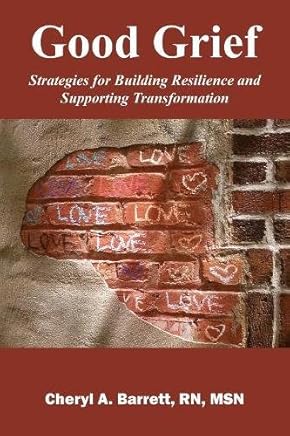
Don't be ashamed to weep; 'tis right to grieve. Tears are
only water, and flowers, trees, and fruit cannot grow without water. But there
must be sunlight also. A wounded heart will heal in time, and when it does, the
memory and love of our lost ones is sealed inside to comfort us.
― Brian
Jacques, Taggerung
This
will come as no surprise to you, but crying can occur at any time. You do not
want to be without this necessity — tissues!
Often, the person you are with does not
have any tissues to accommodate you and you are left with tears flowing
unfettered down your face, disrupting your makeup, perhaps combined with yucky
stuff running from your nose. Neither of these are very pleasant to see or
feel, and you do not want to feel any worse than you already do. Let the tears
flow, but keep your supply of tissues
handy. You already feel bad and do not look your best. No need to add cosmetic
insult to emotional injury.
“Be
prepared” is my motto! Keep a
supply of tissues in your pocketbook, tote bag, pocket, and car. Sometimes, I
did not have tissues, and what I did was use the napkins I keep in the side
door pockets of my car or purse.
If you are caught with all your tissues used up, don’t be
afraid to ask for them. You’d be surprised how many places have tissue boxes
somewhere close by, ready to meet your needs. Often, while out shopping, I have
had people that I interacted with take one look at my face and notice when my
eyes got glassy (on the verge of tears again) and offer up their box of
tissues, sitting behind the sales counter, before I even asked. God bless these
intuitive beings!
There will be times, however, when there
are no tissues available. Exceptional circumstance requires breaking a few
rules. So, it’s OK to use your
shirttail or your sleeve to do what you need to do to tidy yourself up.
Remember, we used our shirttails and sleeves to do this when we were children
and having that memory and skill comes to the rescue now. Don’t worry, it will
wash right out. No one needs to know, as you sneak a wipe here or there. You
can turn it into a funny story and have a laugh with a friend. But, remember to
get tissues at the next stop or keep an extra stash available in strategic
locations as backup.
I found crying to be a great way to release
the pent-up emotions I was feeling. I cried when I was angry, sad, frustrated,
felt sorry for myself, or just about anything since the loss of my husband.
Crying made me feel good sometimes, pathetic at other times. I was very hard on
myself, thinking I should be
able to get a grip and buck up
— and you may feel this way too.
Be brave. Let
the tears come, for whatever reason, and feel the emotional release. Use your
handy tissues to mop up your tears and runny nose. Then, take a deep breath in
and out or even two or three or more breaths in and out, to calm yourself. At
times, all you can do at first is to breathe. Remember that you are still a
part of the living. Teary episodes will become less frequent and less intense
over time, but I do not think they ever go away. They haven’t yet for me.
During the journey through grief and loss,
you will find that your friends and loved ones have boxes of tissues ready for
your use when you visit. If you run out of yours, they will give you the box to
take with you. I just love my friends. When they visit me, they scan the
environment looking for the tissue box so they can provide it and show caring.
Tissues are not just for you, however, as those grieving with you also cry,
have runny noses and need these supplies.
Remember
to share your tissues — crying can be contagious. It is a precious gift to cry
together with someone who cares.
AFFIRMATIONS:
· I
accept my weaknesses at this time and allow others to share their strength.
· I
am strong and I will survive one day at a time
· I
am at peace with what is happening in my life.
###
With her permission, I am serializing here nurse Cheryl Barrett's valuable book on transcending grief. I had the pleasure of being her coach and editor through my Write Your Book with Me enterprise.
Douglas Winslow Cooper, PhD
No comments:
Post a Comment